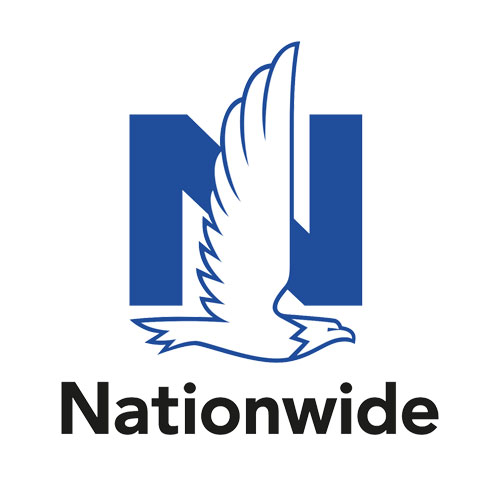Human Animal Bond Research Institute Awards Grant to Colorado State University
Washington, D.C. (June 17, 2024) — The Human Animal Bond Research Institute (HABRI) today announced funding for a new research project that will explore the challenges cancer survivors encounter in caring for their pets throughout the course of their treatment and recovery with the goal of informing the development of clinical assessments and interventions to better address their pet-related needs. The funding was awarded to a team of researchers at Colorado State University co-led by Dr. Jennifer Currin-McCulloch and Dr. Lori Kogan.
Research suggests that pet ownership offers emotional support and connection for cancer survivors. Although there are many documented benefits of pet ownership for this population, there are critical gaps in knowledge about the benefits or practical day-to-day strains pets may create for survivors’ physical and emotional well-being. This project’s overall objective is to explore the benefits, stressors, and social support structures survivors encounter in caring for their pets under the One Health framework, which emphasizes a collaborative, cross-disciplinary approach to public health.
“Cancer is one of the most common illnesses in the United States, and while the impact of human social support on cancer survivors is well documented, the influence of pets on survivors’ wellbeing is not,” explained Dr. Currin-McCulloch. “In conducting this research, we hope to help cancer survivors enjoy the benefits of their relationship with their pet by minimizing the stress involved with meeting their pets’ needs during their survivorship trajectory.”
This study will employ an online mixed methods survey to identify if and how pets serve as emotional support and/or stressors for cancer survivors, and how support systems can promote their ability to provide for their pets’ physical and emotional well-being. The researchers will build on these survey results by conducting focus groups to explore how survivors support their pets and what gaps exist in pet-related services. Researchers expect to find instrumental gaps in pet care resources needed to meet survivors’ needs, as well as resources to help survivors communicate about their relationship with their pet to members of their veterinary and medical care teams. These findings will then be published as a website for cancer survivors, including tools for helping them build support for pet ownership and guides to clearly communicate their needs with their medical and veterinary providers.
“We feel that helping to protect the bond during this challenging time encapsulates the essence of human-animal bond research,” added Dr. Kogan.
“Identifying where gaps exist in current support services is an essential first step to meet the needs of cancer survivors and their pets,” said Steven Feldman, President of HABRI. “HABRI is proud to fund this research, which we hope will provide support for pet owners who are survivors of cancer or undergoing cancer treatment.”
About HABRI
HABRI is a not-for-profit organization that funds innovative research projects to scientifically document the health benefits of companion animals and informs the public about human-animal bond research and the beneficial role of companion animals in society. For more information, please visit www.habri.org.
About Flint Animal Cancer Center at the James L. Voss Veterinary Teaching Hospital at Colorado State University
The Flint Animal Cancer Center (FACC) is a service member of the James L. Voss Veterinary Teaching Hospital at Colorado State University. The FACC is a world leader in veterinary oncology care and research, with a mission of better understanding and treating this disease across species. Learn more about the FACC at www.csuanimalcancercenter.org
Contact
Logan Trautman
logan@inspireprgroup.com
412.915.4038
###





